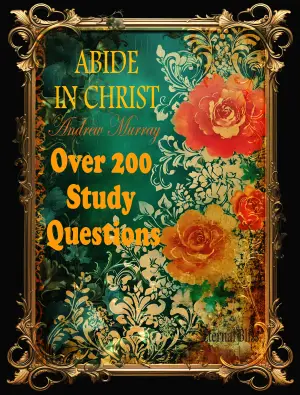A Journey to the Page: Reflecting on The Book of Alchemy
When I first came across The Book of Alchemy: A Creative Practice for an Inspire by Suleika Jaouad, I was immediately drawn to its promise of a nurturing journey back to the tactile, intimate act of writing. In our fast-paced, digital world, where distractions seem ubiquitous, the idea of reconnecting with pen and paper felt like a comforting balm. As someone who often finds solace in journaling, I was eager to explore how Jaouad, with her profound insights born of life’s harshest lessons, could guide us through the transformative power of creative expression.
At its core, The Book of Alchemy unfolds as an invitation to embrace the complexity of human experience through ten thematic journeys. Each chapter—ranging from On Beginning to On Alchemy—offers not just reflections from Jaouad herself, but also ten enriching essays from a diverse array of contributors, including literary giants like Salman Rushdie and George Saunders. This blend of personal narrative and collective wisdom creates a rich tapestry that feels both intimate and expansive, as if inviting readers to partake in a communal exploration of the raw materials of life.
One of my favorite aspects of Jaouad’s writing is her authenticity. She doesn’t shy away from discussing her personal battles with illness, which lends a visceral depth to her reflections. Her assertion that "I reach for the page like I reach for prayer" resonated deeply with me; it encapsulates the duality of seeking both solace and meaning in the act of writing. Unlike many guides that offer rigid frameworks, Jaouad emphasizes the importance of process over product, encouraging readers to embrace their unique journaling journeys without fear of judgment.
I was particularly moved by the essays from contributors like Marie Howe, who advocates for writing with your non-dominant hand as a way to bypass the inner critic. This approach reminded me of the liberating power of play in creative practices. Another standout was Nora Bolz-Weber’s poignant account of grief, which provided an honest look at how loss can fundamentally reshape our existence. Each essay was a gentle nudge to expand my understanding of vulnerability and creativity.
Despite the book’s strengths, its sheer volume of essays can feel a bit overwhelming at times. With 100 prompts, readers might find themselves pausing, wondering where to begin. Moreover, while many contributions are excellent, a few felt slightly less impactful compared to the more standout pieces. Yet, these critiques pale against the backdrop of deep insights offered throughout the pages.
Ultimately, I believe The Book of Alchemy will resonate with a broad audience—creative souls looking to reignite their spark, those navigating through life’s transitions, and anyone yearning for a sanctuary against the noise of daily life. The tactile beauty of this book makes it a treasure to keep by your bedside or to carry in your bag, ready to be dipped into when inspiration strikes.
As I closed the cover, I found comfort in Jaouad’s final reflections on reaching for the page as a form of prayer. This notion lingers, reminding me that in writing, we not only capture our experiences but also, in many ways, create ourselves anew. The Book of Alchemy is not just a journal guide—it’s an inspiring companion that encourages us all to write through the messiness, joy, and unpredictability of being human.
Discover more about The Book of Alchemy: A Creative Practice for an Inspire… on GoodReads >>






